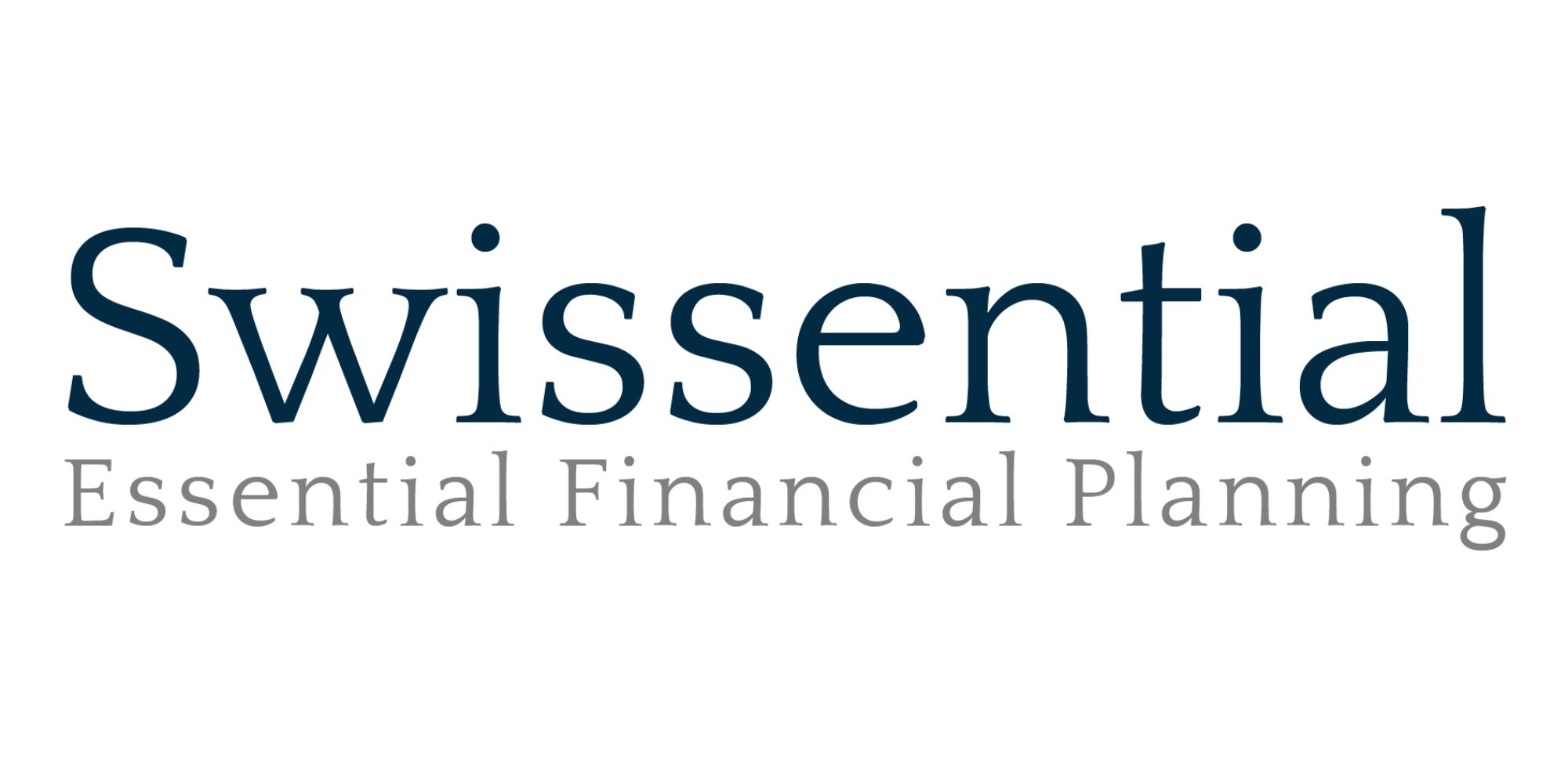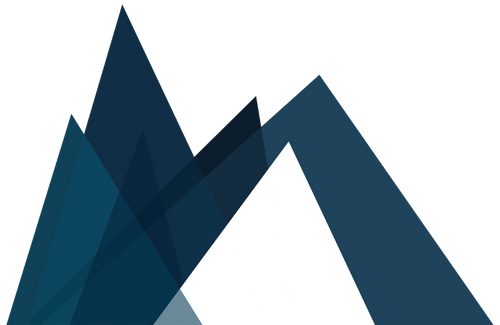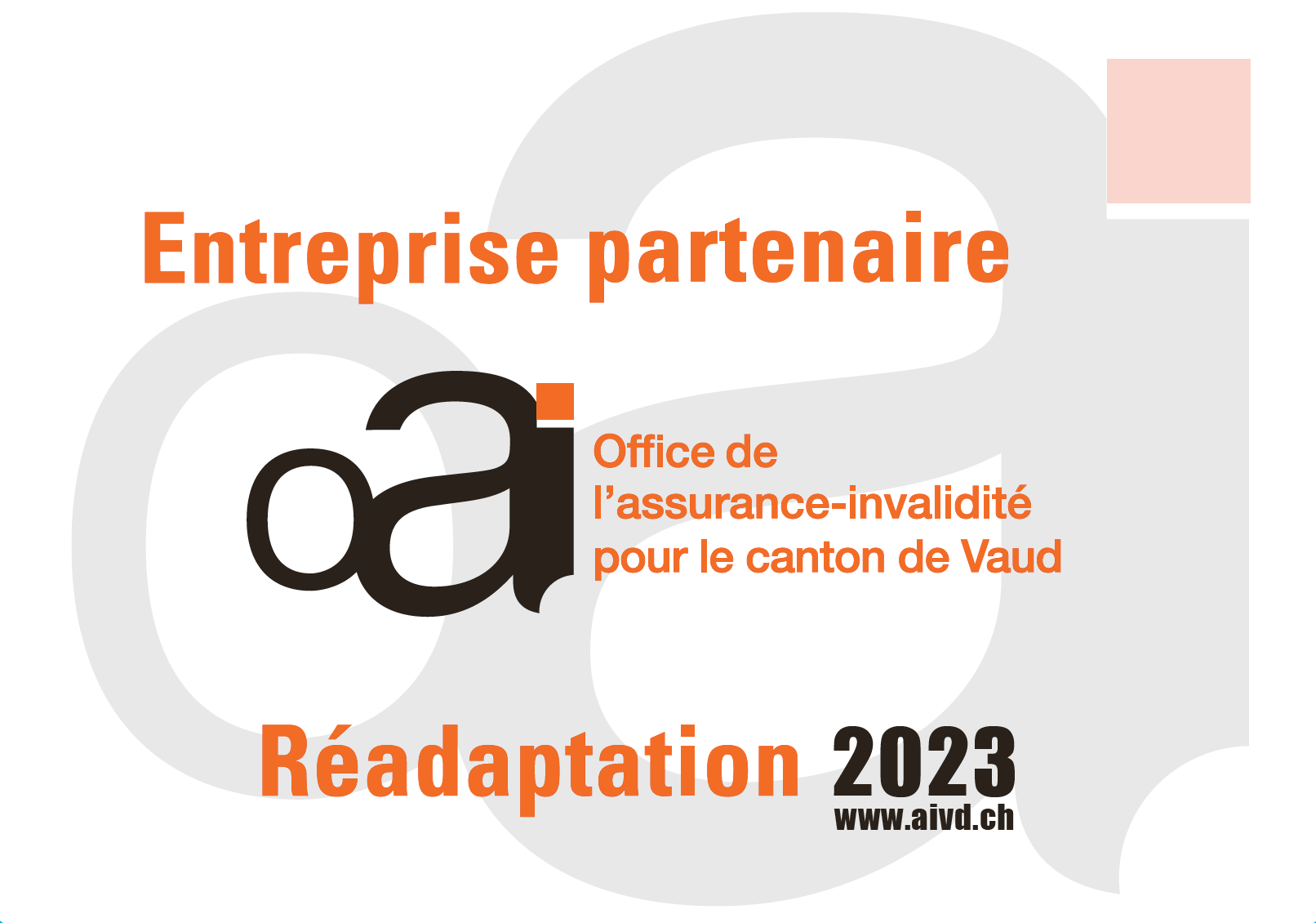Saving for property in Switzerland involves careful financial planning, considering the high cost of real estate in most areas. Homebuyers need to save for a down payment, closing costs, and other fees associated with the purchase. It’s important to research financing options, taxes, and insurance, and to make a realistic budget that includes all ongoing expenses.
When planning to purchase property in Switzerland, our job as Financial Planners is simply to:
- Determine your budget and set a savings goal for your down payment, taking into account the high cost of real estate in Switzerland.
- Research the different financing options available to you, such as mortgage rates and loan terms, and compare them to find the best fit for your financial situation.
- Consider the additional costs associated with purchasing a property in Switzerland, including closing costs, property taxes, and other fees, and factor them into your budget.
- Assess the mortgage repayment methods available including indirect amortization via the third pillar, ensuring you can pay off the mortgage debt efficiently and in line with your time frame expectations.
- Explore the different types of insurance available, such as life insurance or incapacity insurance, and determine the coverage that is best suited to your needs.
What is the minimum down payment required to purchase property in Switzerland, and how can I save up for it?
In Switzerland, the minimum down payment required to purchase property is generally around 20% of the purchase price, although this can vary depending on the lender and the location of the property. To save up for a down payment, consider creating a budget that prioritizes savings, reducing expenses, and exploring additional income streams.
What additional costs should I expect when purchasing a property in Switzerland, and how can I ensure that I am financially prepared for them?
In addition to the down payment, homebuyers in Switzerland should expect to pay additional costs associated with the purchase, such as property transfer taxes, notary fees, and real estate agent commissions. Homeowners should also consider ongoing expenses such as property taxes, insurance, and maintenance costs. To ensure that you are financially prepared, create a comprehensive budget that includes all of these expenses and build up savings for unexpected costs.
What financing options are available to me, and how can I determine which option is best for my financial situation?
There are several financing options available to homebuyers in Switzerland, including fixed-rate and variable-rate mortgages, as well as interest-only and amortization loans. To determine which option is best for your financial situation, consider factors such as your income, and long-term financial goals. Consult with a financial advisor or mortgage specialist to evaluate your options and find the best fit for your needs.






